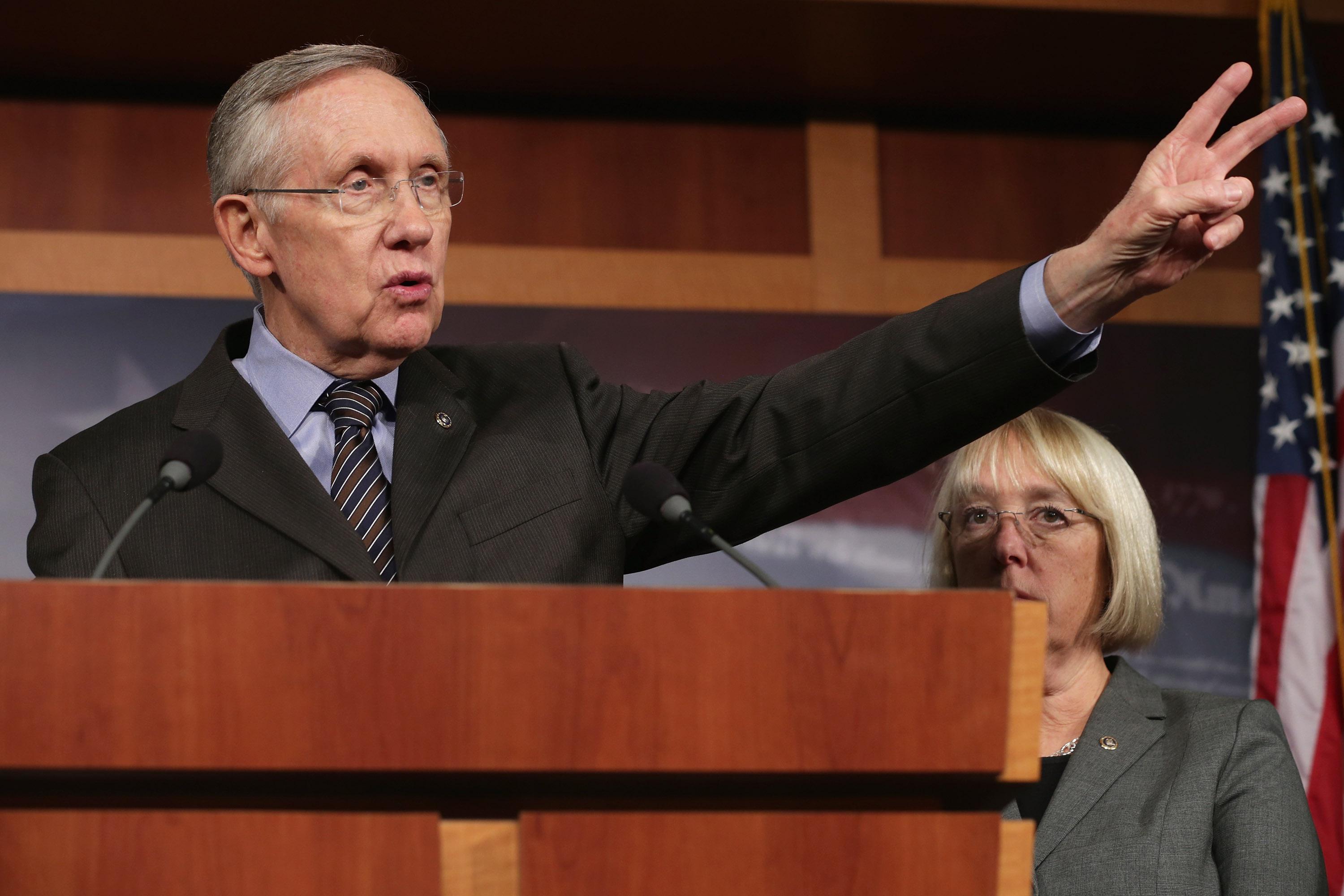The term “nuclear option” is overblown and absurd, and reform of Senate procedures sounds like the ultimate inside-the-beltway snoozefest. But the rule change the Senate adopted yesterday to make it possible for judges to be confirmed by majority vote is a really big deal for the American economy. That’s because the actions of regulatory agencies are subect to judicial review, typically by the D.C. Circuit Court of Appeals, and Senate Republicans had been root-and-branch blocking 100 percent of Obama’s nominees to D.C. Circuit vacancies in order to maintain control over the body.
Three ways in which adding Democrats to the courts are going to matter.
Regulating Wall Street: Defending the financial services industry isn’t a popular cause these days, but Wall Street remains politically influential. Under the circumstances, the best way for a politican to do the banks’ bidding is indirectly. Conservative judges have been wielding semi-arbitrary cost-benefit analysis tests to undermine financial regulation, and filibusters have kept them in power.
Labor market regulation: After a prolonged effort to prevent the National Labor Relations Board from working by filibustering Obama’s NLRB nominees, recess appointments got the body up and running. Then came the D.C. Circuit to start striking down its rules, while Senate Republicans filibuster to stop Obama from evening the balance on the court.
Climate change: Last and not at all least, given rampant Republican opposition to pricing greenhouse gas emissions externalities, the only viable approach for dealing with them is EPA regulation under the Clean Air Act. But here, again, the D.C. Circuit holds sway and could undermine any action.
More broadly, I would think ending filibusters for presidential nominees makes it more likely that a future Senate will curb filibustering of legislation. That would be an even bigger deal for economic policy, somewhat reducing the massive status quo bias of the U.S. legislative system. That makes basically any big legislative reform—whether it’s a conservative plan to privatize Social Security or a liberal plan to introduce a public option to the Obamacare exchanges—more likely.
